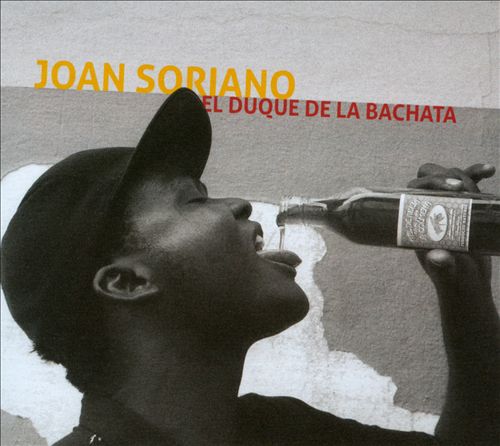translated by Elizabeth Portch and Vladimir Smirnov
This was the very first Moomin book I ever read, originally in Russian. Imprinting or not, I consider the Russian translation of this book superior to the English version (which I just finished reading). To start with the title: Finn Family Moomintroll — any book featuring Moomins could be named like that, right? The Russian title «Шляпа волшебника» is the correct translation of Swedish Trollkarlens hatt — literally, “The Magician’s Hat” (not “Hobgoblin’s Hat”). Снусмумрик sounds almost exactly as Snusmumriken (why Snufkin?), just as the names Тофсла и Вифсла are almost identical to Swedish “Tofslan och Vifslan” (in English, they are named Thingumy and Bob). The language these two latter creatures speak is translated to Russian more consistently. Or take this sentence:
О, какое счастье быть муми-троллем, который только проснулся и уже пляшет среди зеленых волн на восходе солнца!
Oh, to be a Moomin and to dance in the waves while the sun gets up!
And so on.

Never mind that, even in this translation it is still a magical book.
















































